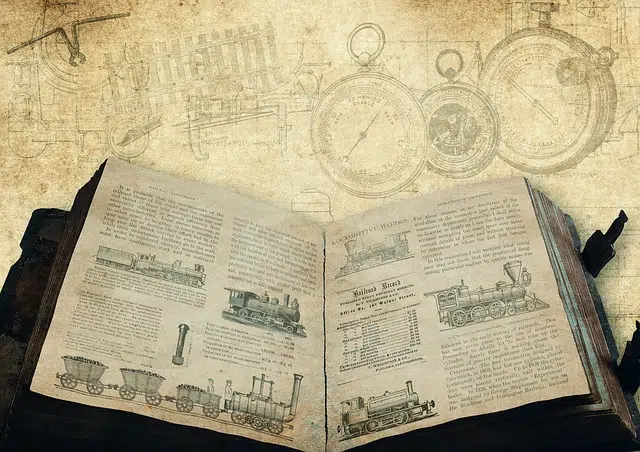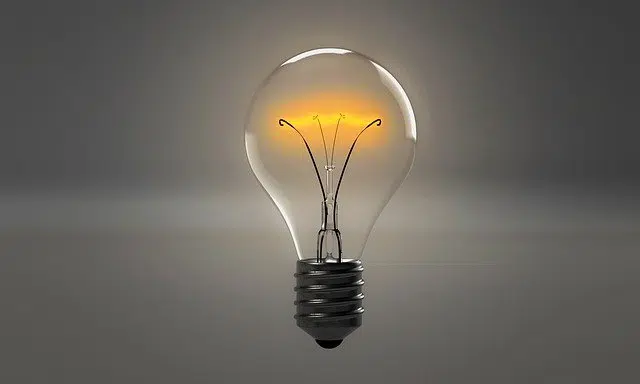
Inventions promote the progress of humanity.
From the Latin inventum , the term invention refers to the thing invented or to the action and effect of inventing (finding or discovering something new or unknown). The person who dedicates their time to these discoveries is known as an inventor.
Inventions can be based on previous ideas or already existing objects. However, the invention process can include modifications or innovations that result in something unprecedented. When the creation arises from the inventiveness of the person and without specific antecedents, the invention represents a great contribution to human knowledge .
The protection of inventions
Inventions can be protected through a patent . This legal resource implies that the exploitation of the invention is only permitted to the person who owns the patent.
Generally, the inventor himself is in charge of processing and obtaining the patent although, on certain occasions, the inventor sells the rights to a company . Once it has the patent, the company is in a position to commercially exploit the invention and produce it on a large scale.
A resource for progress
Man has been dedicated to invention since its origins. The development of language (a system of signs) is often considered the first great invention in history . Most physical inventions (with concrete and real objects) dating back to prehistory were made in stone, such as the first wheels.
There are many inventions that have taken place throughout history and among them we could highlight several that have become essential elements of our existence, that have improved our quality of life and that have made us advance considerably in different areas. and facets.

The light bulb or light bulb was one of Thomas Alva Edison's most important inventions.
Most important inventions
Thus we could highlight, for example, the automobile as one of the most significant inventions. In 1885, the German engineer Karl Friedrich Benz invented what is considered the first car. And this is how a means of transportation was born that revolutionized not only society but also communication and the economy.
Another of the inventions that are considered the most important throughout history is that of the light bulb. The North American Thomas Alva Edison is the father of it, which was developed in the 19th century and which also represented a major event that, without a doubt, changed our lives. However, we must not forget that this figure also developed other significant inventions such as the phonograph or the dictaphone.
Penicillin , the contraceptive pill, radio or television, the telephone, the computer or the Internet are other of the inventions that have marked us the most and that have served us the most since their appearance.
Various motivations for creation
The motivation for an invention can arise from the need (to satisfy something), the desire for profit or simple curiosity. In most cases, however, different motivations are combined.
In addition to all of the above, we cannot ignore the fact that in colloquial language we use the term invention to refer to the lie that someone has told us.
